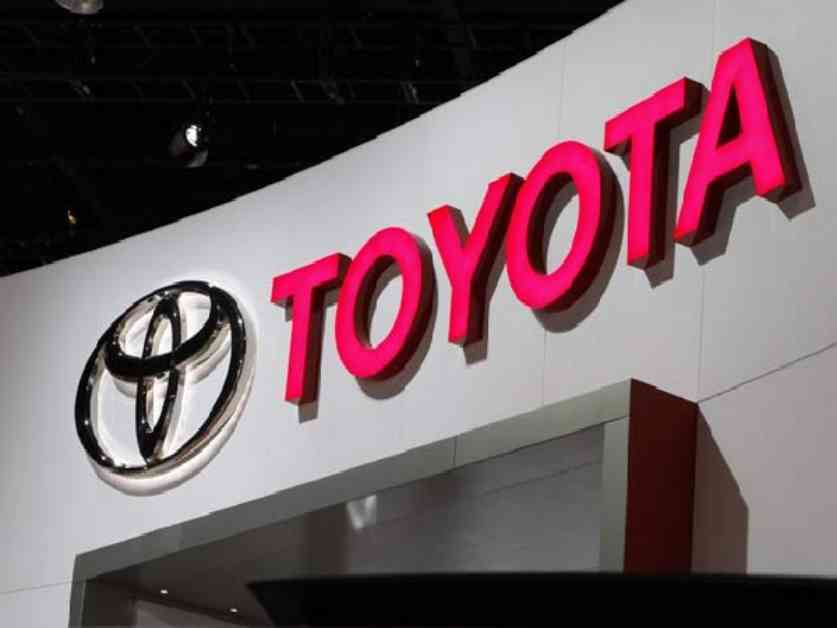Japan’s $2.4 Billion Incentives Boost Toyota & Battery Manufacturing
Japan has recently announced a significant boost to its battery manufacturing industry with subsidies totaling up to 350 billion yen ($2.44 billion) for 12 development projects. These projects will focus on the production of storage batteries, as well as the necessary parts, materials, and devices. The initiative is led by four major automakers in collaboration with Panasonic, demonstrating Japan’s commitment to strengthening its own supply chain and advancing technological innovation in the automotive sector.
Toyota, one of the key players in this initiative, has confirmed its plans to utilize the Japanese government’s grants for the development of prismatic batteries. These batteries, known for their rectangular shape, are set to be complemented by the production of next-generation solid-state batteries. Together, these advancements will result in a combined annual capacity of 9 gigawatt-hours (GWh), positioning Toyota as a leader in sustainable battery technology.
On the other hand, Nissan is targeting an annual capacity of 5 GWh to produce affordable lithium-iron-phosphate (LFP) batteries for its small vehicles by 2028. This strategic move aligns with the company’s commitment to enhancing the accessibility of electric vehicles while maintaining high standards of performance and durability. Additionally, Panasonic’s energy unit has announced plans to collaborate with Subaru to establish new capacity of 20 GWh by 2030. This partnership underscores the importance of collaboration in driving innovation and expanding production capabilities within the industry.
Shifting Dynamics in the Global Battery Market
The global battery market is experiencing a significant shift in dynamics, with six out of the top 10 global battery suppliers being Chinese companies. These suppliers collectively hold a market share of 65.3% from January to July, according to data compiled by South Korean renewable energy consultancy SNE Research. In contrast, Panasonic, the sole Japanese manufacturer on the list, saw its market share decline from 7.1% to 4.3% over the past year.
This shift underscores the increasing competitiveness and dominance of Chinese battery manufacturers in the global market. As the demand for electric vehicles and renewable energy storage solutions continues to rise, countries like China have emerged as key players in driving innovation and scaling up production capacities. However, Japan’s recent incentives signal a strategic effort to bolster its own battery manufacturing capabilities and reclaim a stronger foothold in the industry.
Collaborative Efforts and Technological Advancements
The collaborative nature of the development projects supported by Japan’s incentives highlights the importance of partnerships in advancing technological innovations and achieving sustainable growth. By bringing together automakers and technology companies, such as Toyota, Nissan, Panasonic, and Subaru, these projects aim to leverage each partner’s expertise and resources to drive progress in battery technology.
For instance, Toyota’s focus on prismatic and solid-state batteries demonstrates its commitment to exploring new avenues for energy storage and enhancing the efficiency of electric vehicles. Similarly, Nissan’s efforts to produce affordable LFP batteries align with its goal of making electric vehicles more accessible to a wider consumer base. The collaboration between Panasonic and Subaru further exemplifies the synergies that can be achieved through strategic partnerships in expanding production capacities and meeting the growing demand for batteries.
In conclusion, Japan’s $2.4 billion incentives mark a significant milestone in the country’s efforts to revitalize its battery manufacturing industry and reinforce its position as a global leader in sustainable technology. By fostering collaboration, driving technological advancements, and investing in research and development, Japan is poised to make significant strides in the evolving landscape of the battery market. As the industry continues to evolve, the success of these initiatives will not only benefit Japanese manufacturers but also contribute to the advancement of renewable energy technologies on a global scale.

















